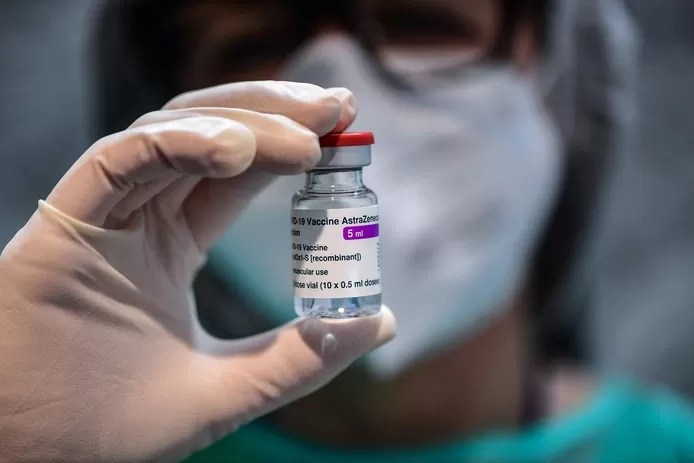The vaccines produced by Pfizer and AstraZeneca are both effective against the so called India variant of the coronavirus, according to a study carried out by Public Health England (PHE).
The India variant, so called because of where it first appeared, has taken hold in the UK to such an extent planned new relaxations of the Covid rules may be in jeopardy. Here in Belgium, cases have been noticed, and the spread is much less serious, but scientists are keeping a wary eye on developments. The two vaccines studied are the most commonly used in Belgium by far.
The PHE study will offer some reassurance, but the results have to be put in perspective. Although the Pfizer-BioNTech vaccine achieved 88% effectiveness against the India variant, that compares with 93% against the British variant (now referred to in the UK as the Kent variant). More importantly, that figure is only achieved after a second dose.
In the case of AstraZeneca (AZ), their vaccine was 60% effective against India, compared to 66% against Kent.
The difference may simply be the slower roll-out of AZ, which means that fewer people have yet had their second dose. By comparison, both vaccines are only 33% effective against India after a single dose. If more AZ recipients are still waiting for their second jab, that will drag the average down. It may also be that the AZ vaccine takes longer to achieve full effectiveness.
Related News
- British, Brazilian, Indian: these virus variants are circulating in Belgium
- Moderna and Pfizer vaccines 'should protect against Indian variant', study shows
In any event, British health minister Matt Hancock described the PHE study as “ground-breaking” and said it demonstrated the importance of the second dose. The government recently decided to reduce the period between first and second doses from 12 weeks to eight for those over 50 and the most vulnerable groups.
A similar decision was recently taken in Brussels, but only for the AZ vaccine, and not for those who have already received their first dose. They will still have to wait 12 weeks.
The PHE study looked at the results of gene sequencing in 12,675 cases of infection, of which 1,054 concerned the India variant.
“This study provides reassurance that two doses of either vaccine offer high levels of protection against symptomatic disease from the B.1.617.2 [India] variant and we expect the vaccines to be even more effective at preventing hospitalisation and death,” said Mary Ramsay, head of immunisation at PHE.

